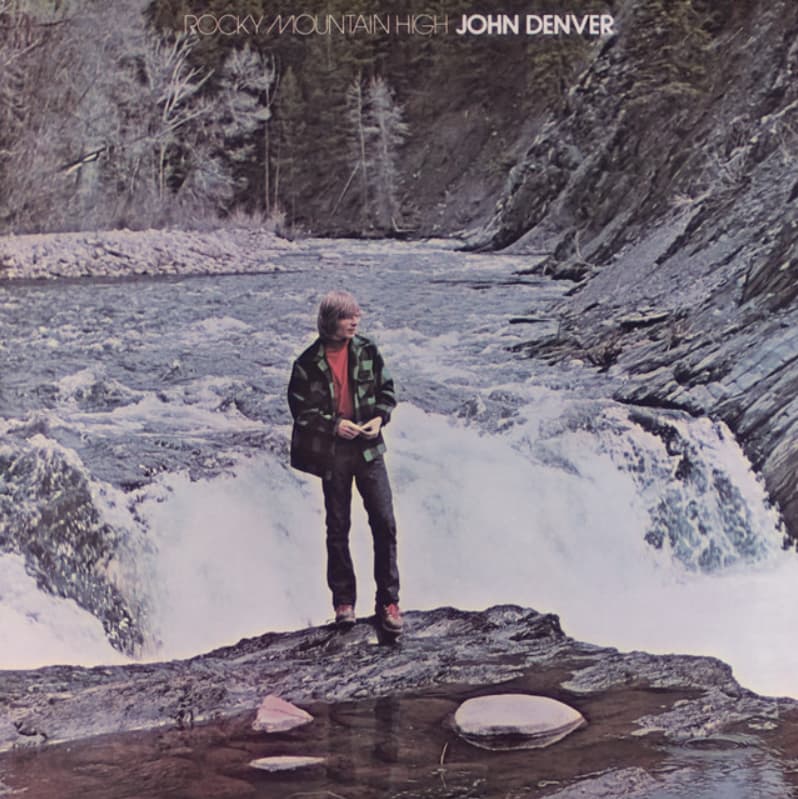
Rocky Mountain High: A Harmonious Ode to Nature and Tranquility by John Denver
In the annals of American folk rock, few songs evoke as vivid a sense of place and emotion as “Rocky Mountain High” by John Denver. Co-written with Mike Taylor and recorded in 1972, this timeless piece has etched its mark not just in music history but also in the cultural tapestry of Colorado, where it stands as one of the two official state songs. Its ascent to number nine on the US Hot 100 in 1973 marked the beginning of its enduring legacy. This song, which took Denver an arduous nine months to craft, is a poignant reflection of his profound love for the Colorado Rockies and the serene beauty they embody.
“Rocky Mountain High” is more than just a song; it’s a heartfelt narrative that captures Denver’s deep connection to nature and his poignant observations of its splendor and fragility. The song’s genesis lies in Denver’s move to Aspen, Colorado, three years prior to its writing. The natural grandeur of the Rockies left an indelible impression on him, inspiring a lyrical journey that speaks to the soul. The seventh stanza, in particular, laments the commercialization that threatens to mar the pristine beauty of these majestic mountains, a sentiment that resonates deeply with listeners who cherish the natural world.
Upon its release, “Rocky Mountain High” quickly became a cultural touchstone of the 1970s, weaving its way into the hearts of Americans and becoming synonymous with Colorado’s identity. Its popularity, however, was not without controversy. The song faced a brief period of censorship when a legal ruling allowed the U.S. Federal Communications Commission to ban music perceived to promote drug use. Misinterpretations of the phrase “everybody’s high” led to radio stations banning the song until Denver clarified that it was an innocent description of the euphoric peace he found in the Rockies. This defense highlighted Denver’s earnestness and the pure inspiration behind his lyrics.
John Denver’s defense of his song reached a pinnacle in 1985 when he testified before Congress during the Parents Music Resource Center hearings. His testimony was a passionate recounting of the awe and joy derived from natural wonders like the Perseid meteor shower, underscoring the song’s true essence—a celebration of life and nature’s splendor. His words painted a vivid picture of camping under a starlit sky, sharing the beauty of nature with friends, and the unparalleled elation that such experiences bring.
Despite its initial challenges, “Rocky Mountain High” has stood the test of time, earning accolades and admiration. The Western Writers of America named it one of the Top 100 Western songs of all time, a testament to its enduring impact. However, it’s not without its share of continuing controversy. In 2007, the removal of the song’s final lines from the John Denver Sanctuary in Aspen sparked debate, reflecting the ongoing sensitivity around its lyrics.
The song’s brilliance lies not only in its beautiful melody and heartfelt lyrics but also in its ability to convey a deep appreciation for nature and the simple joys of life. As Cash Box aptly noted, the song “sparkles with sincerity and beautiful lyrical images.” “Rocky Mountain High” remains a beacon of John Denver’s legacy, a song that continues to inspire and resonate with those who find solace and joy in the natural world. It’s a timeless reminder of the peace and beauty that nature offers, a call to appreciate and protect the world around us.